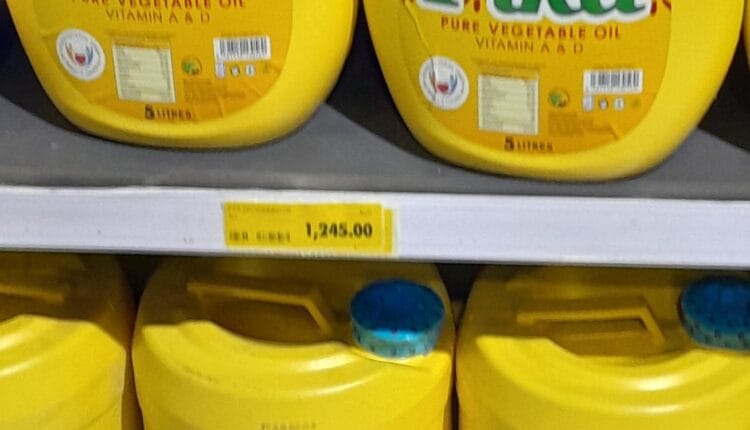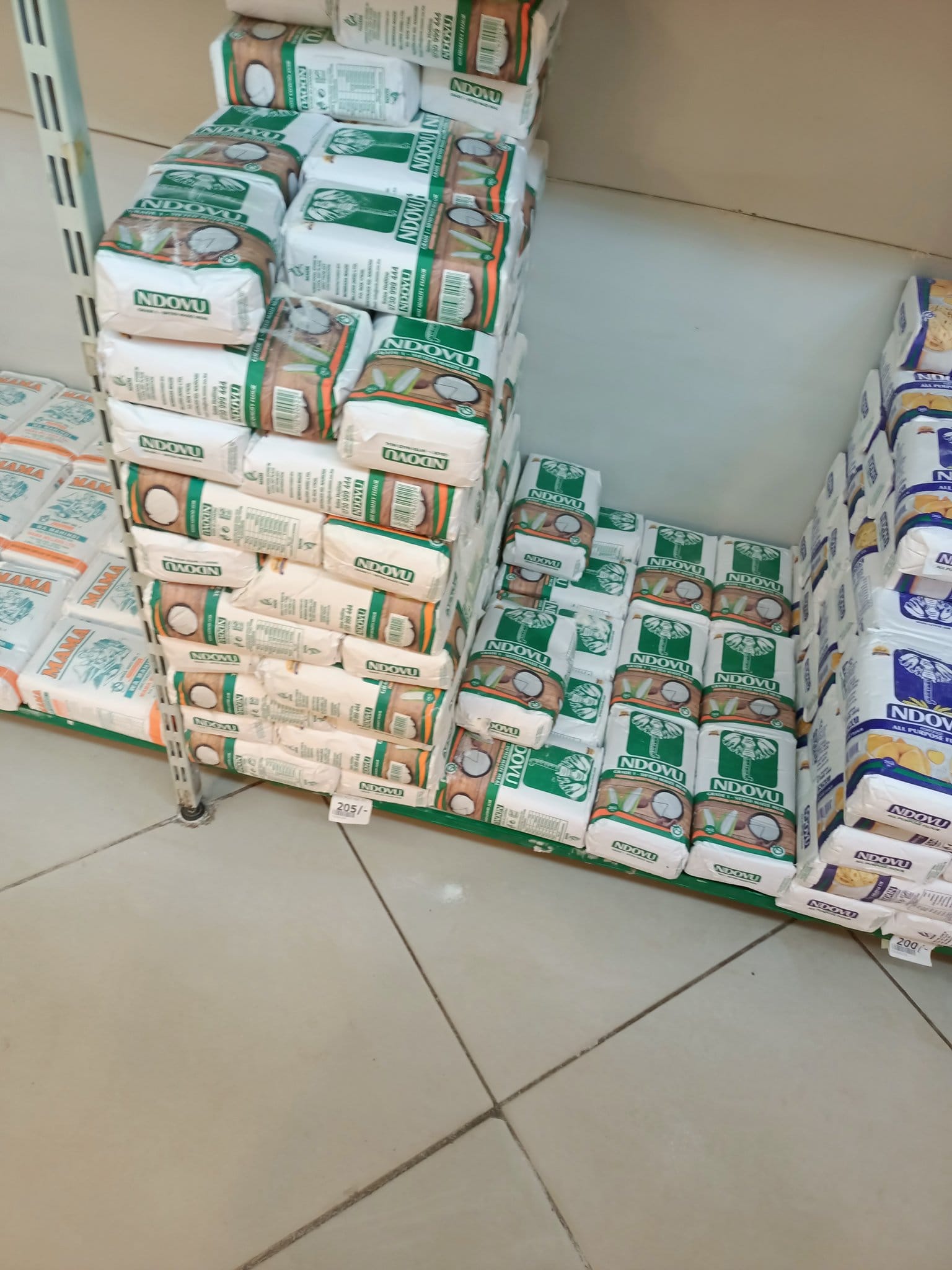Companies producing essential commodities like bread, maize flour, and milk may soon lose the tax refunds they currently receive from the National Government. This change follows a new proposal by the Treasury to shift these goods from the VAT zero-rated list to the exempt category, a move that could lead to increased costs for consumers.
Currently, firms enjoying VAT zero-rating can claim refunds on expenses related to electricity, raw materials, and other inputs, effectively reducing their operational costs. However, if these goods are shifted to the VAT-exempt list, companies will no longer be eligible for such refunds and will likely pass these additional costs onto consumers.
Treasury’s Reasoning Behind the Proposal
The Treasury Cabinet Secretary defended the proposal, arguing that the refund policy has been misused. According to the Treasury, some firms have failed to pass the benefits of these tax breaks onto consumers, prompting a need to overhaul the system to curb revenue losses.
The proposed shift has raised concerns about its potential impact on Kenyans, who are already grappling with high living costs. The new tax policy could lead to higher prices for essential goods such as bread, maize flour, and milk, further straining household budgets.
A Recurrent Effort to Broaden the Tax Base
The Treasury’s proposal follows a previous attempt to impose a 16 percent VAT on bread and milk under the 2024 Finance Bill, which was met with widespread public backlash and ultimately failed. The government’s plan to change the tax status of these essential goods forms part of a broader strategy to expand the tax base and address a growing budget deficit.
The Treasury reports that revenue losses from tax refunds have amounted to billions of shillings. In 2022, the Kenya Revenue Authority (KRA) recorded Sh119.9 billion in forgone revenue due to tax refunds, a significant increase from Sh98.4 billion in 2021. These refunds have been seen as a strain on government finances, especially at a time when Kenya faces a budget deficit of over Sh300 billion, partly driven by adjustments to the Finance Bill.
Consumer Impact and Industry Concerns
If the proposal is implemented, consumers will likely bear the brunt of the increased costs. Industry players warn that moving these goods to the VAT-exempt category will drive up production expenses, leading to higher prices for everyday essentials.
“The removal of VAT zero-rating will have a direct impact on prices, affecting millions of consumers who rely on affordable bread, maize flour, and milk. The increase in costs will undoubtedly be passed on to the end consumer, making these basic goods more expensive,” said a representative from the food manufacturing sector.
The Treasury’s proposal is expected to be reviewed and debated in the coming weeks, with stakeholders from various sectors likely to weigh in on its potential ramifications. As the government looks for ways to close its budget deficit and streamline its tax policies, the fate of this proposal could significantly impact Kenya’s economy and its citizens’ cost of living.
Public Reaction
The Treasury’s latest attempt to address budgetary concerns has sparked discussions on whether the government is effectively balancing its need for revenue with the economic realities faced by ordinary Kenyans. With the proposal expected to lead to price hikes for staple goods, the public may once again push back against a policy that they see as disproportionately affecting low and middle-income households.
The decision on whether to shift these essential goods to the VAT-exempt list will likely play out in Parliament, where legislators must consider both the government’s fiscal needs and the public’s economic well-being.



